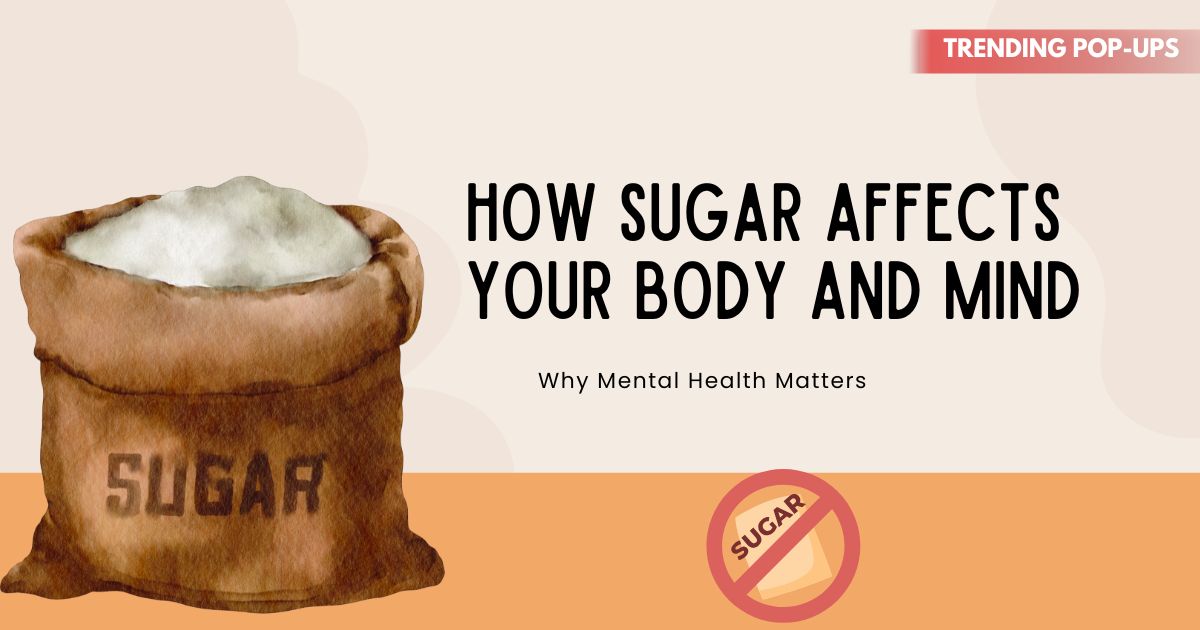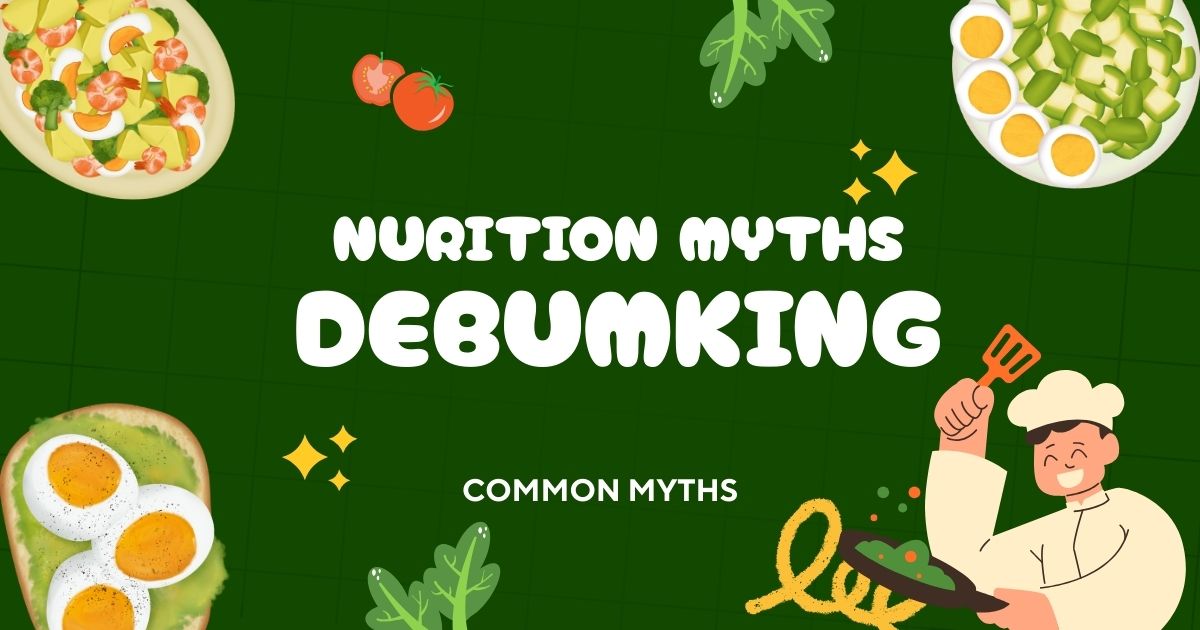Omega-3 fatty acids are essential fats that play a critical role in maintaining heart health. These polyunsaturated fats cannot be produced by the body and must be obtained through diet. Research shows that omega-3s reduce inflammation, lower cholesterol levels, improve blood vessel function, and decrease the risk of heart disease. This article explores the best omega-3 rich foods, their heart-protective benefits, and practical ways to include them in your diet.
What Are Omega-3 Fatty Acids?
Omega-3 fatty acids are essential nutrients that support overall health, particularly cardiovascular health. There are three main types:
-
ALA (Alpha-linolenic acid): Found in plant sources like flaxseeds, chia seeds, and walnuts.
-
EPA (Eicosapentaenoic acid): Primarily found in fatty fish and marine sources.
-
DHA (Docosahexaenoic acid): Also found in fatty fish and algae, crucial for heart and brain health.
ALA can convert into EPA and DHA in the body, but the conversion rate is limited, making direct consumption of EPA and DHA important.
How Omega-3 Supports Heart Health
Omega-3 fatty acids provide multiple cardiovascular benefits:
1. Reduces Triglycerides
High triglyceride levels increase the risk of heart disease. Omega-3s help lower these fats in the blood.
2. Lowers Blood Pressure
Regular intake of omega-3 fatty acids can slightly reduce blood pressure in individuals with hypertension.
3. Decreases Inflammation
Chronic inflammation contributes to heart disease. Omega-3s reduce inflammatory markers in the body.
4. Improves Cholesterol Levels
Omega-3s increase HDL (“good”) cholesterol while reducing LDL (“bad”) cholesterol, promoting overall heart health.
5. Supports Heart Rhythm
These fatty acids help maintain a regular heartbeat and reduce the risk of arrhythmias, a common heart complication.
Top Omega-3 Rich Foods
Incorporating these foods into your diet ensures sufficient omega-3 intake for cardiovascular protection:
1. Fatty Fish
-
Salmon, mackerel, sardines, herring, and trout are excellent sources of EPA and DHA.
-
Aim for at least 2 servings per week to boost heart health.
2. Flaxseeds
-
Rich in ALA, fiber, and lignans.
-
Ground flaxseeds are more easily absorbed and can be added to smoothies, oatmeal, or baked goods.
3. Chia Seeds
-
High in ALA and antioxidants.
-
Easy to sprinkle over yogurt, salads, or incorporate into puddings.
4. Walnuts
-
Provide a good balance of healthy fats, protein, and omega-3s.
-
Ideal as a snack or added to salads and cereals.
5. Hemp Seeds
-
Contain ALA and a perfect balance of protein.
-
Great in smoothies, granola, or baked dishes.
6. Algal Oil
-
Derived from algae, rich in DHA.
-
Suitable for vegetarians and vegans as a direct source of marine omega-3s.
7. Soy Products
-
Tofu, soy milk, and edamame contain ALA.
-
Incorporating soy-based foods provides plant-based omega-3s.
8. Canola and Flaxseed Oil
-
Good sources of ALA for cooking and salad dressings.
-
Use as a healthy alternative to saturated fats.
Tips to Maximize Omega-3 Benefits
-
Include a Variety of Sources: Combine plant and marine sources for a balanced intake.
-
Avoid Overcooking Fish: Heat can reduce omega-3 content; opt for steaming, baking, or grilling.
-
Store Nuts and Seeds Properly: Keep them in airtight containers to prevent oxidation of fats.
-
Consider Supplements if Necessary: Fish oil or algal oil capsules can help meet daily requirements, especially for vegetarians.
-
Balance with Omega-6 Intake: High omega-6 consumption can interfere with omega-3 benefits; reduce processed oils and fried foods.
Conclusion
Incorporating omega-3 rich foods into your diet is one of the most effective ways to support heart health, reduce inflammation, and prevent cardiovascular diseases. From fatty fish to chia seeds, walnuts, and algal oil, these foods provide essential fatty acids that protect your heart and improve overall well-being. By combining a variety of omega-3 sources with a balanced diet and healthy lifestyle, you can enhance heart function, maintain healthy cholesterol levels, and promote long-term cardiovascular health.
Also Read : Smoothies That Support Immunity
FAQs
1. How much omega-3 should I consume daily for heart health?
For adults, 250–500 mg of combined EPA and DHA per day is recommended for cardiovascular benefits.
2. Can omega-3 help lower cholesterol naturally?
Yes. Omega-3s improve lipid profiles by increasing HDL and reducing triglycerides.
3. Are omega-3 supplements as effective as food sources?
Supplements provide EPA and DHA, but whole foods also deliver fiber, antioxidants, and other nutrients. Both can be beneficial.
4. Can vegetarians get enough omega-3 without fish?
Yes. Plant sources like flaxseeds, chia seeds, walnuts, and algal oil provide sufficient omega-3s when consumed consistently.
5. Are there any side effects of omega-3 intake?
High doses may cause mild gastrointestinal discomfort or blood-thinning effects. Consult a healthcare provider before taking large doses.



